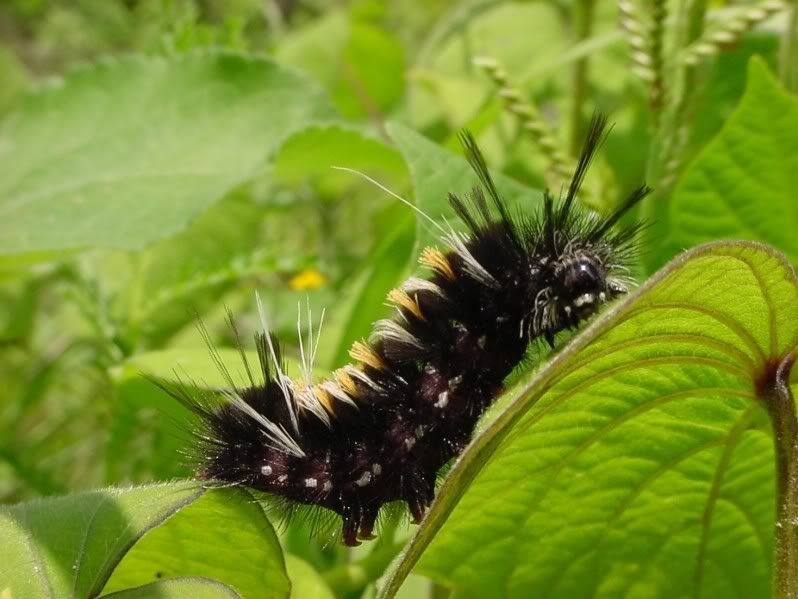By Jerry Hirsch
January 26, 2009
State agriculture inspectors are stepping up their efforts to battle what they believe is an agricultural time bomb.
After discovering what's known as the Asian citrus psyllid in the Hillcrest neighborhood of San Diego last week, the farthest north the bug has been found in the city, agriculture officials warned that the bug was rapidly moving north since crossing the Mexican border at Tijuana in July.
The pest is responsible for spreading citrus greening disease and causing catastrophic damage to orange farms in Florida and Brazil. Agricultural officials warn that the same disease could be a catastrophe for California's $1.2-billion citrus industry.
To slow the pest's advance, officials have established quarantines in parts of San Diego and Imperial counties, prohibiting the movement of citrus plant material out of those areas. Fruit can still be shipped, but it has to be cleaned first.
California supplies about 85% of the United States' fresh orange crop and nearly all of the domestically grown lemons. The Golden State also ships a third of what it grows overseas, a lucrative source of exports at a time when the nation has rung up a huge foreign trade deficit.
"I toured the groves in Florida where the disease is now all over the state, and they are taking out thousands and thousands of trees and burning them," Gless said. "They are doing it six days a week."
Citrus greening has already killed tens of thousands of acres of trees in Florida and Brazil and wiped out entire citrus industries in China, India, Saudi Arabia and Egypt.
Gless and some agriculture analysts believe that without a cure, the disease will kill off Florida's orange juice industry within five years. Inspectors also have trapped psyllids in Hawaii, Texas, Georgia, Alabama, South Carolina and in Louisiana, which is the only other state besides Florida where the insect is known to carry the disease.
Homeowners and commercial landscapers who believe they may have spotted the insect or a diseased tree should call the California Department of Food and Agriculture's exotic-pest hotline at (800) 491-1899. More information can be found at www.californiacitrusthreat.org..
"These pests have a way of figuring out how to survive. The tomato psyllid moved into California from Mexico some years ago and now has walked up all the way to British Columbia," he said.
Researchers believe the psyllid could find its way into Riverside and Orange counties before the year is out.
Researchers have not been able to develop a disease-resistant tree or rootstock.
There are no effective parasites or predators to use against the psyllid population. And growing and releasing sterile psyllids -- a successful way to control fruit flies -- will have no effect because of the bug's ability to reproduce asexually.
link








 . Then there's the tomato psyllid mentioned in the article.....
. Then there's the tomato psyllid mentioned in the article.....
